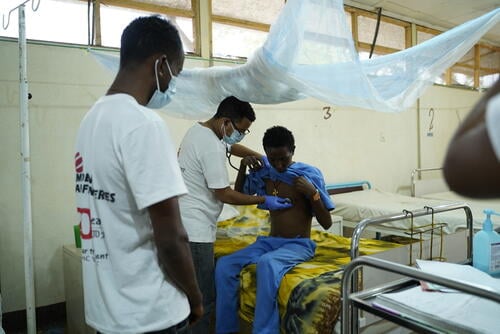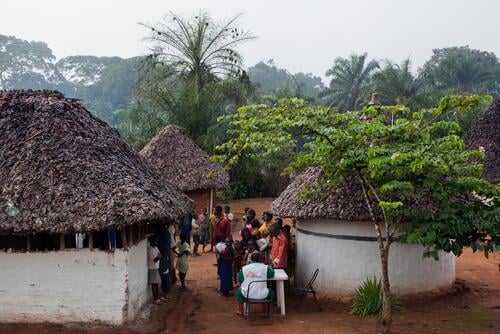A neglected tropical disease, kala azar is caused by a parasite, spread to humans through the bite of infected female sand flies. It attacks the immune system and is almost always fatal if not treated.
Also known as visceral leishmaniasis, kala azar is the most serious form of leishmaniasis and is endemic in 76 countries, with hundreds of millions at risk of infection. There are between 50,000 and 90,000 new cases a year, about 90 per cent of which occur in Brazil, Ethiopia, India, Kenya, Somalia, South Sudan and Sudan. Between 1989 and 2020, MSF teams treated nearly 150,000 people for kala azar; over a third in South Sudan.
Diagnosis and treatment of the disease, especially of the variety found in eastern Africa, can be complex and painful.
Featured

One year after opening a kala azar center in Sudan

Fighting kala azar in southern Sudan
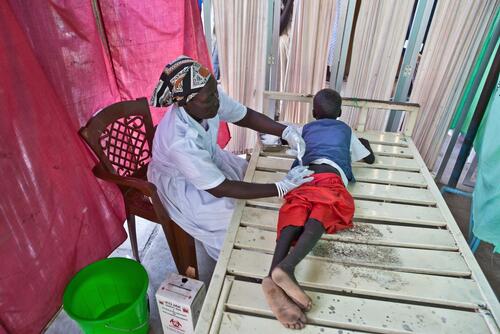
Southern Sudan in grips of worst kala azar outbreak in eight years.
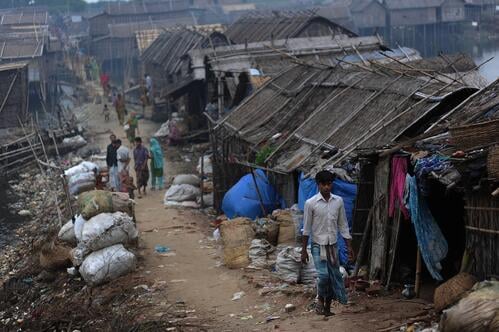
Slum conditions in Bangladesh pose health hazards, and malnutrition is a sign of other illnesses

MSF increases capacity in response to kala azar outbreak in South Sudan
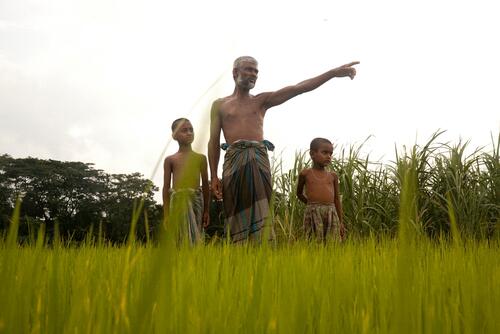
Hope for kala azar sufferers in Bangladesh
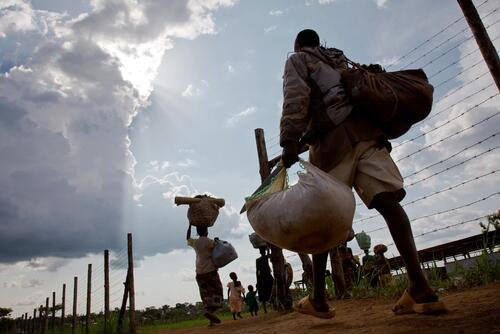
Facing up to reality: Health crisis deepens as violence escalates in Southern Sudan

MSF responds to serious kala azar outbreak in southern Sudan

The strain on the host families is tremendous: Internal displacement from the Swat valley

If you can prick a finger, you can test for kala azar

More dead than alive - surviving kala azar

MSF activities still remain high in southern Sudan

MSF Field Research
We produce important research based on our field experience. So far, we have published articles in over 100 peer-reviewed journals. These articles have often changed clinical practice and have been used for humanitarian advocacy. All of these articles can be found on our dedicated Field Research website.
Visit site


